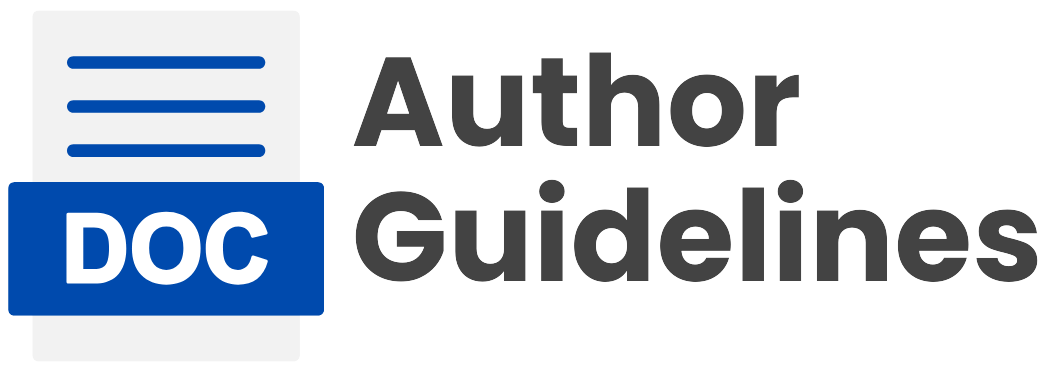USE OF SOLAR ENERGY TO SAVE FISHING BOAT OPERATIONS FOR FISHERMAN IN PULO AMPEL VILLAGE, SERANG DISTRICT
DOI:
https://doi.org/10.53834/mdn.v9i1.5242Abstract
In an effort to help improve the welfare of fishing communities, universities implement community service programs, this is an alternative in empowering the economy of fishing communities. There is a fishing village in Pulo Ampel Village, Serang Regency, Banten Province. Fishing activities by fishermen around the offshore Pangkalan Ikan in the village. Puloampel has a population of 11,758 people, namely 5,943 men and 5,815 women. Most of the people in Puloampel are fishermen, trading businesses, and farmers. The size of the existing fishing boats are generally relatively small, between 3 GT and 5 GT. The number of fishermen is 126 people, and there are 38 operating fishing boats. The fishermen use fishing boats generally leaving at night until the morning ± 8 hours. Currently, electricity needs for lights and other tools use batteries/batteries with electric shocks charging every 2 days. Complaints about charging the charger, the battery will be damaged quickly. To overcome and save electricity, it can be used as an electric charger with solar panels. Therefore, the community service team can provide counseling and training on the installation of solar panel electrical components (solar energy) for fishing boats owned by fishermen. The problem faced by partners (fishermen) who have been complaining about this is that the batteries used are damaged quickly, because the batteries are removed too often for charging electric shocks, this hampers the economic welfare of the fishermen's families because of additional costs. The purpose of implementing this community service program is to increase applied knowledge for small-size fishing boat electricity, and by utilizing solar/solar energy components applied to ships, it can reduce costs and extend the technical life of batteries/batteries.
Downloads
Published
Issue
Section
License
Copyright (c) 2023 Damora Rhakasywi, Bambang Sudjasta, Amir Marasabessy

This work is licensed under a Creative Commons Attribution 4.0 International License.
CC BY: This license allows reusers to distribute, remix, adapt, and build upon the material in any medium or format, so long as attribution is given to the creator. The license allows for commercial use.










